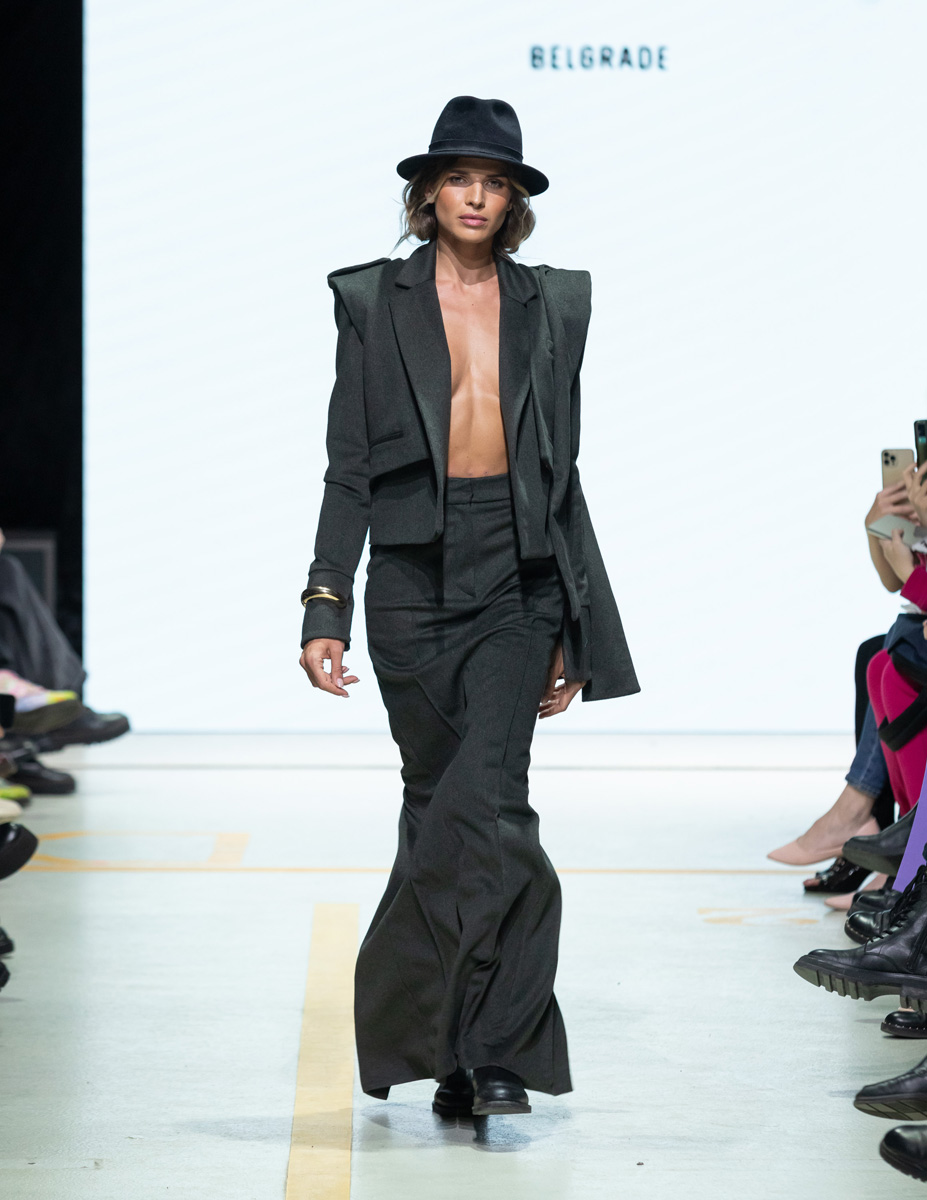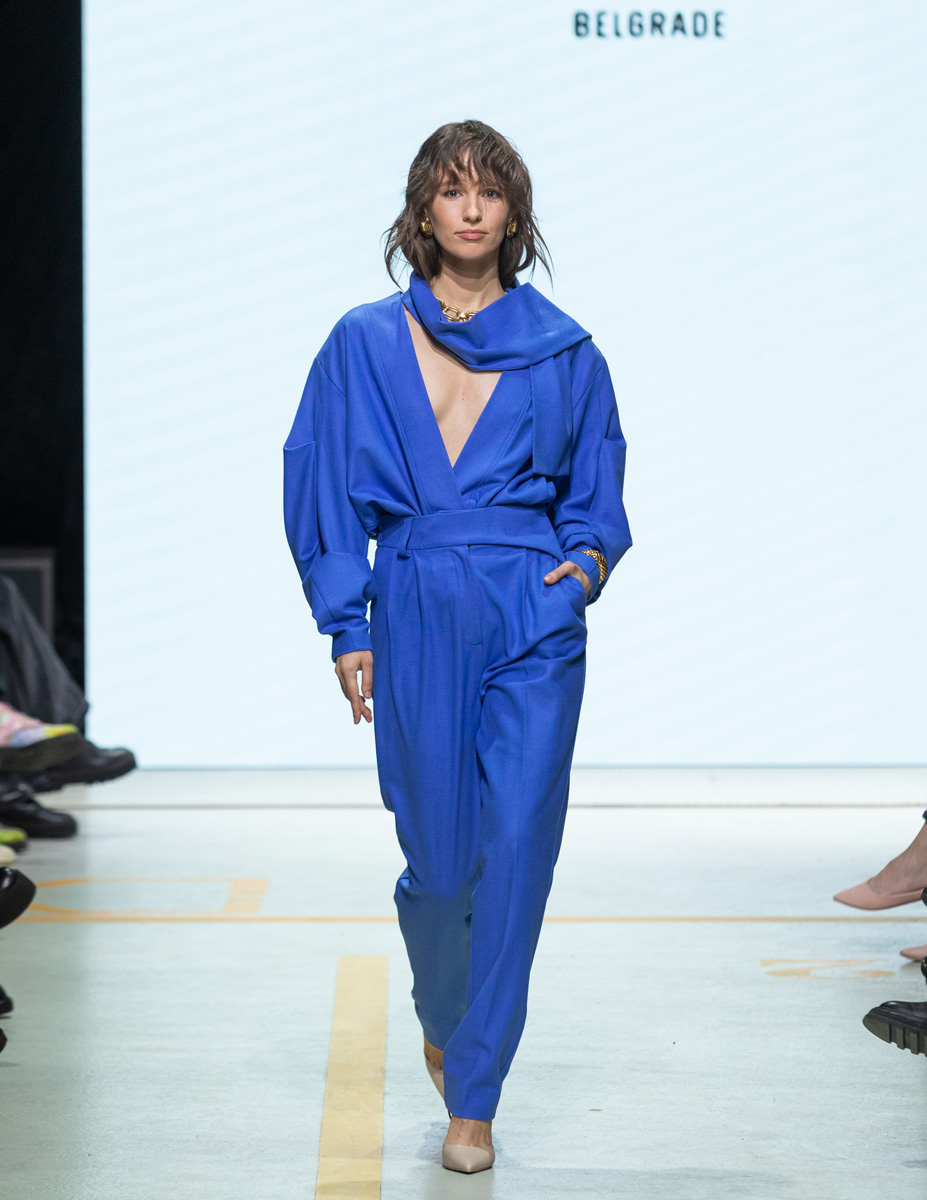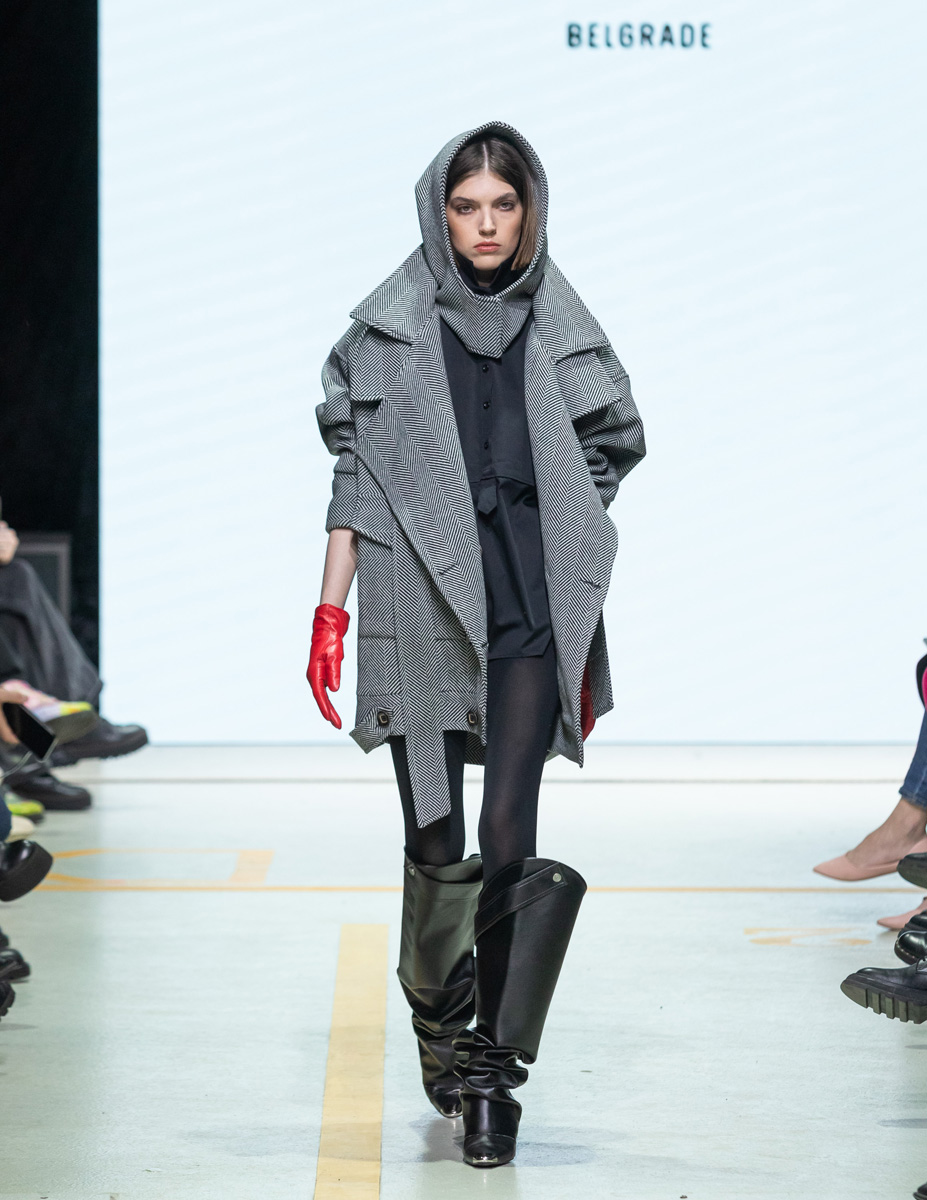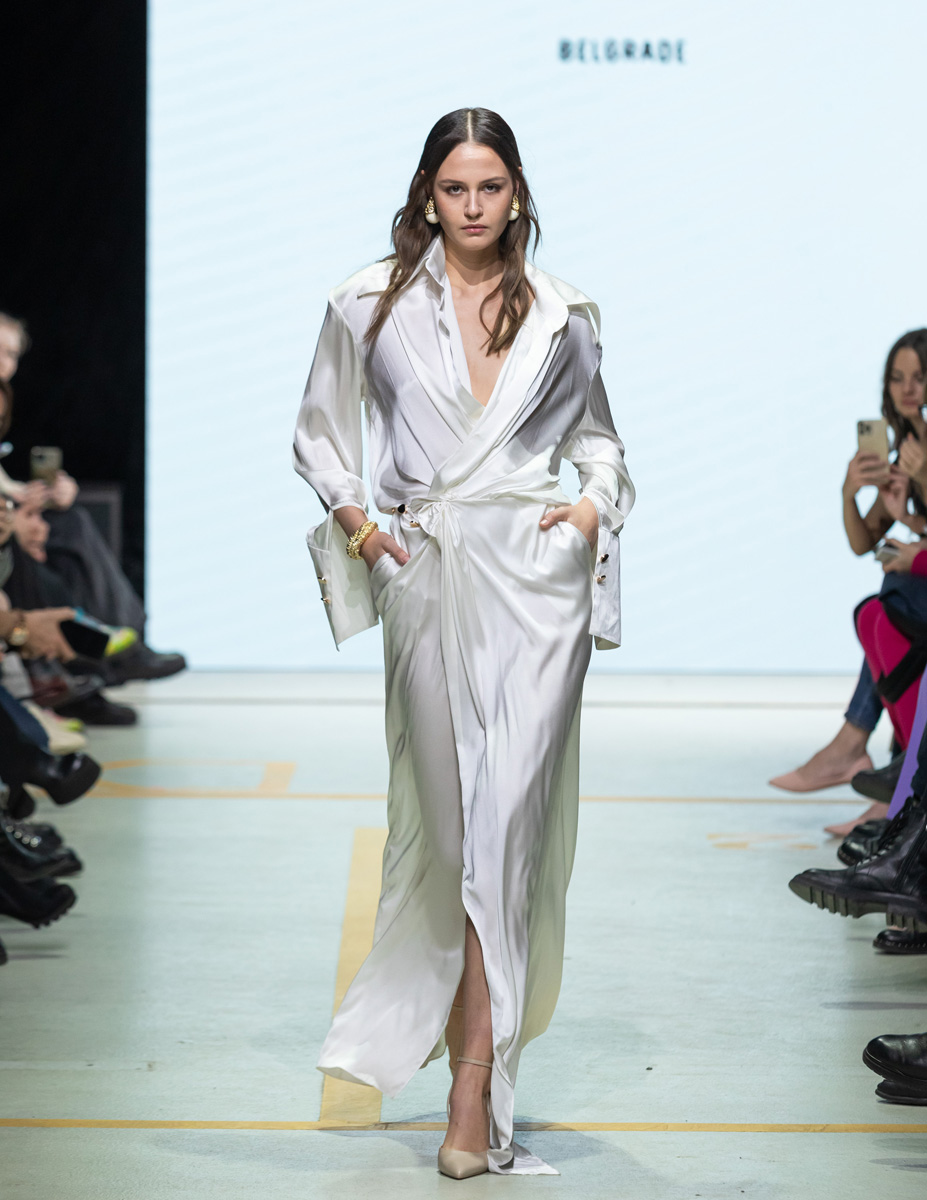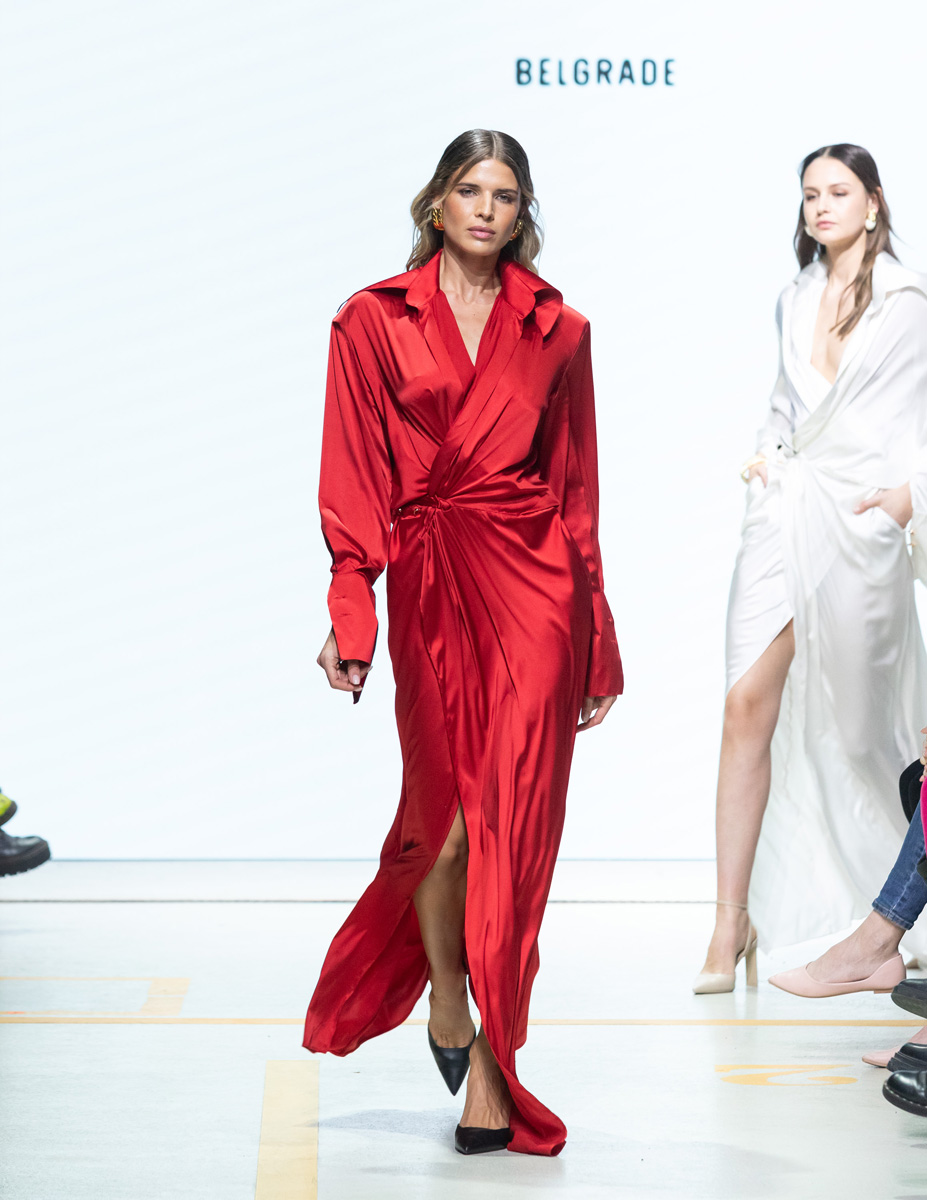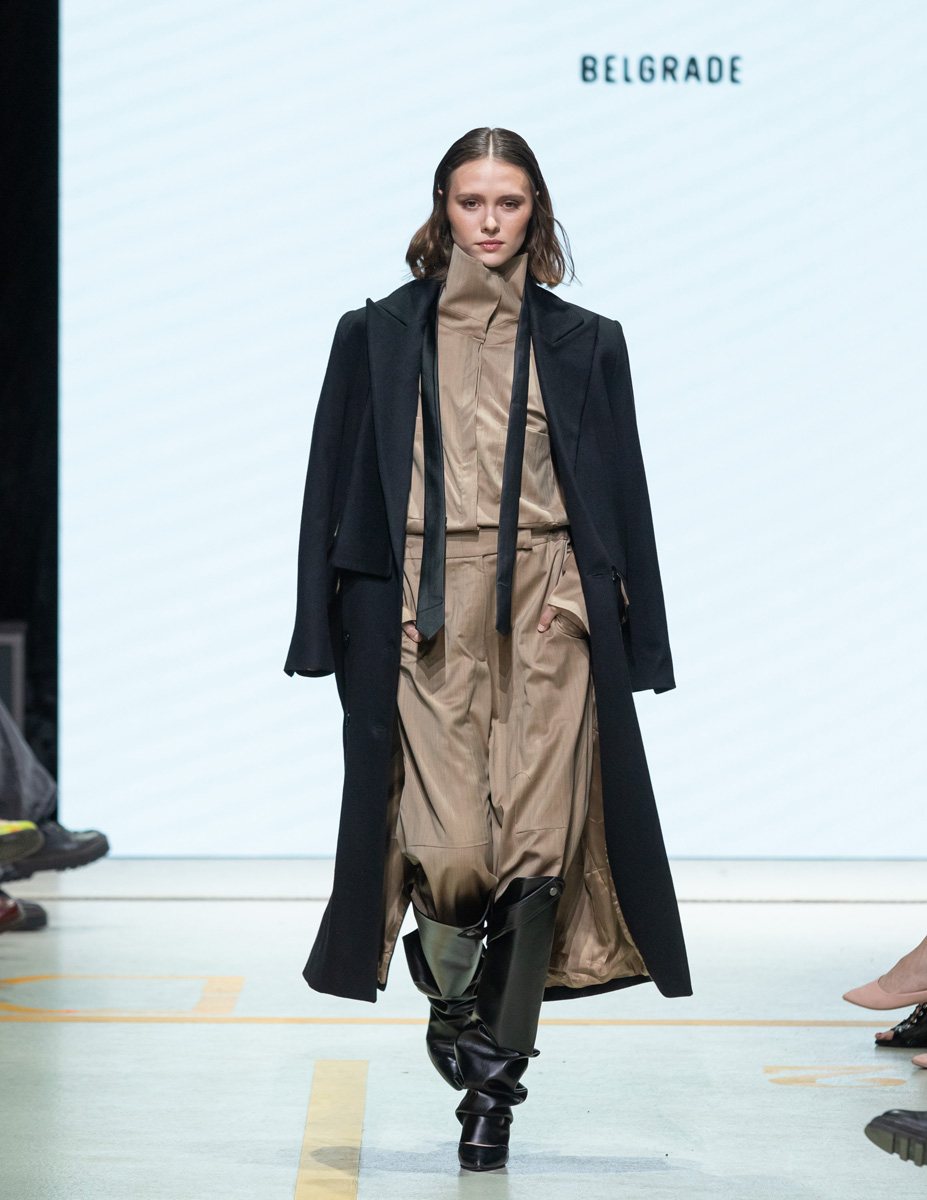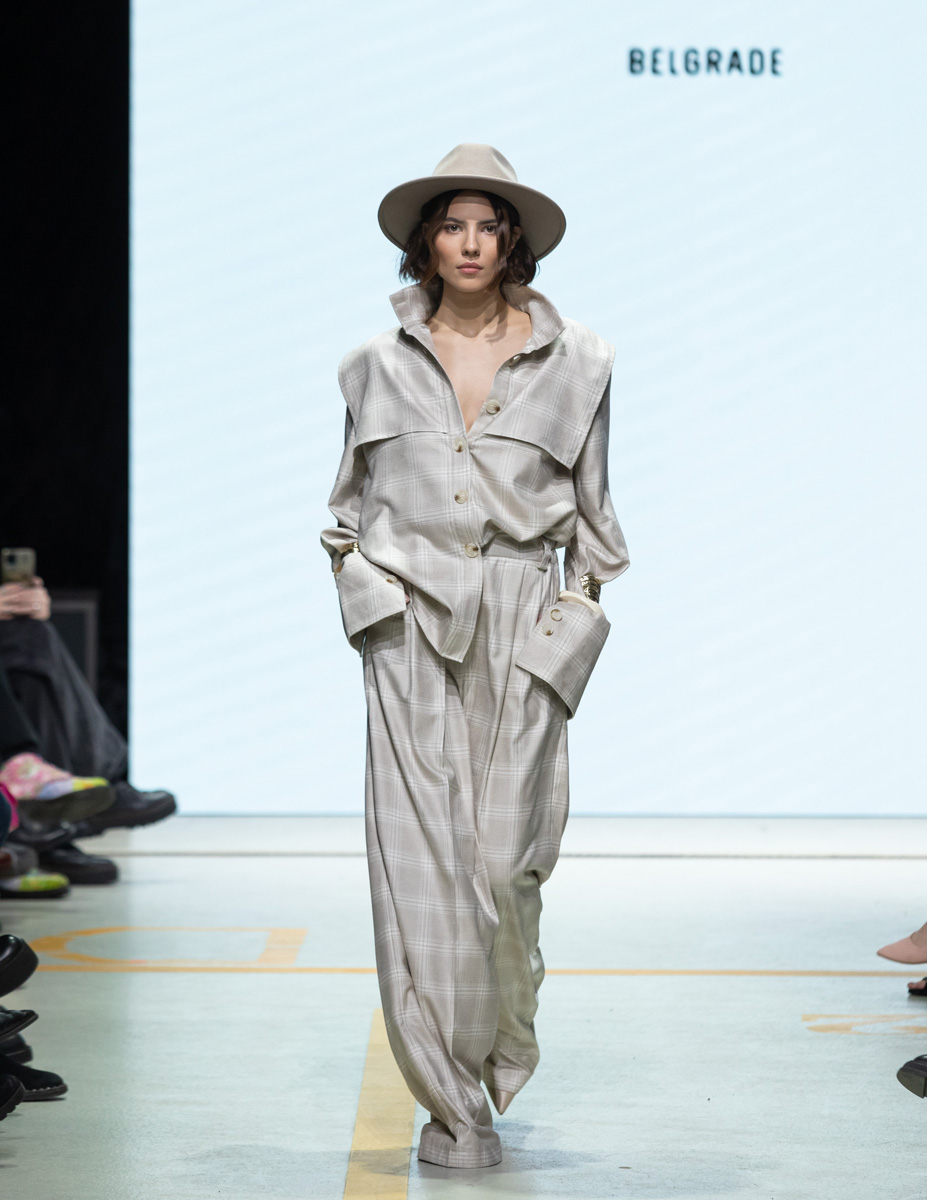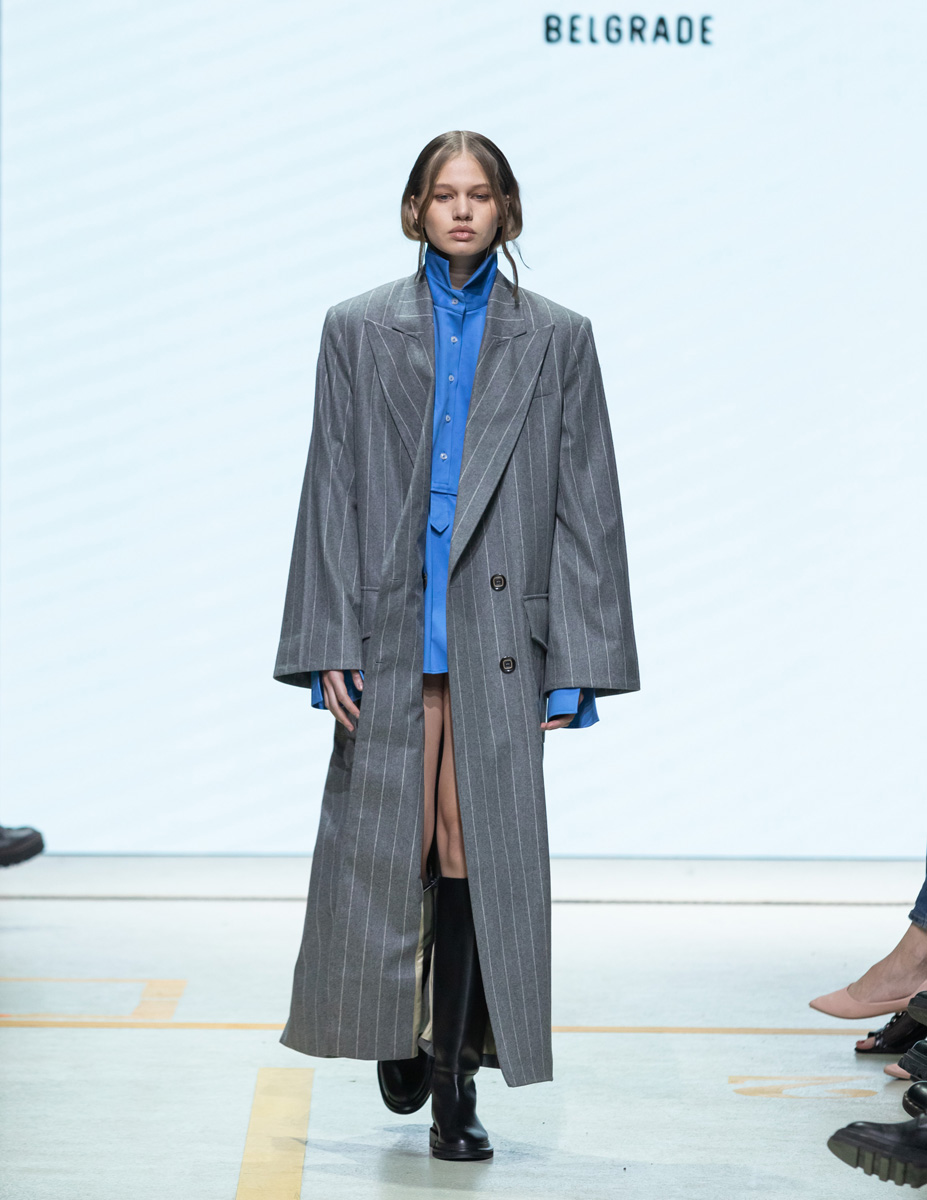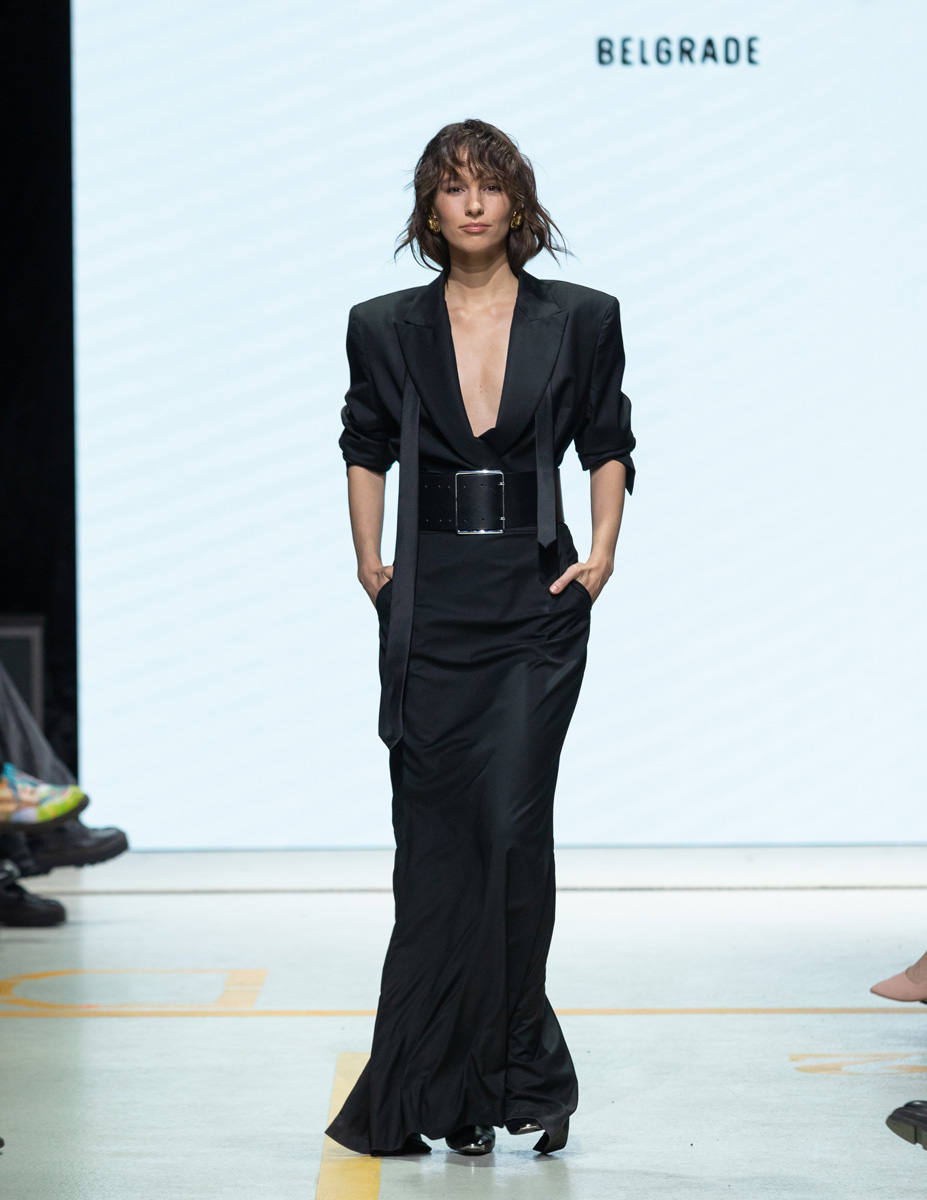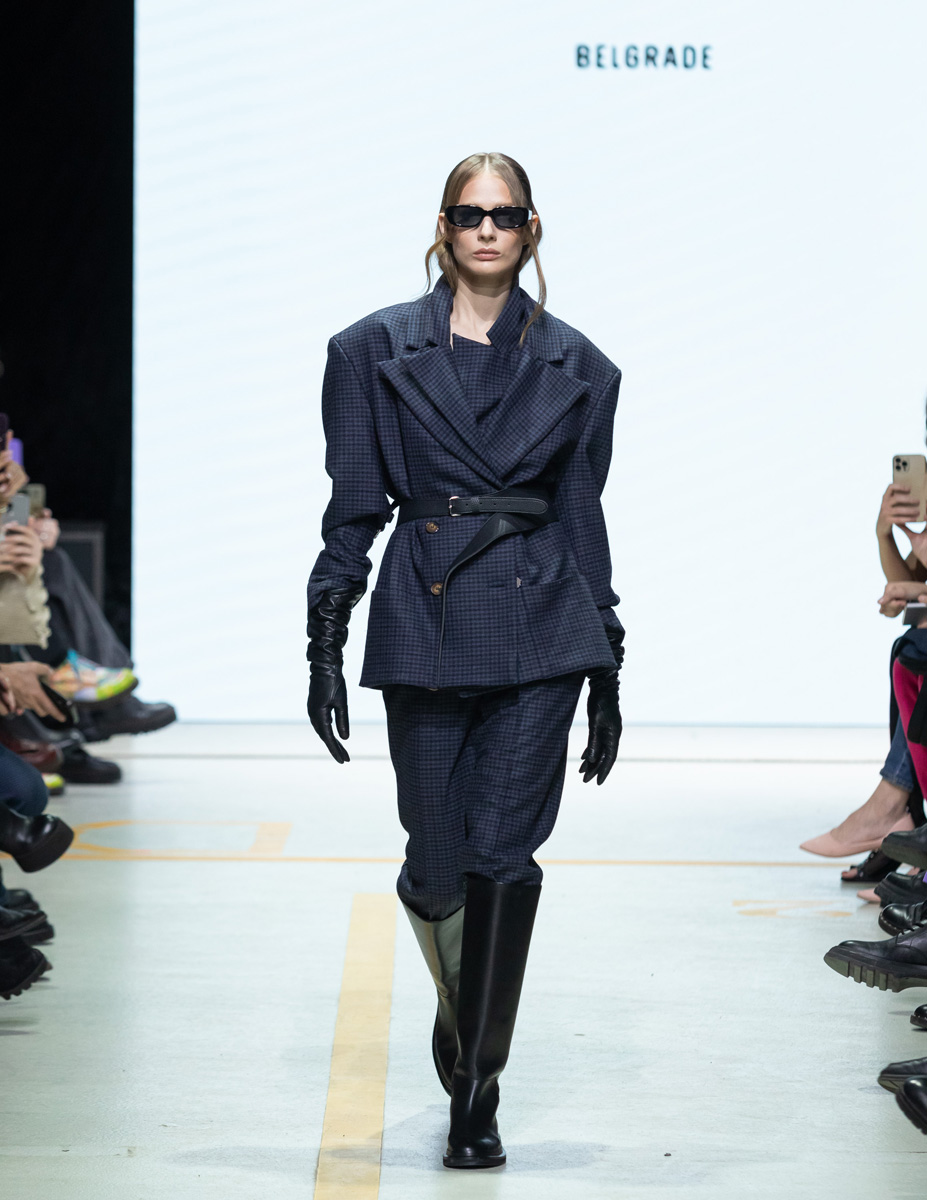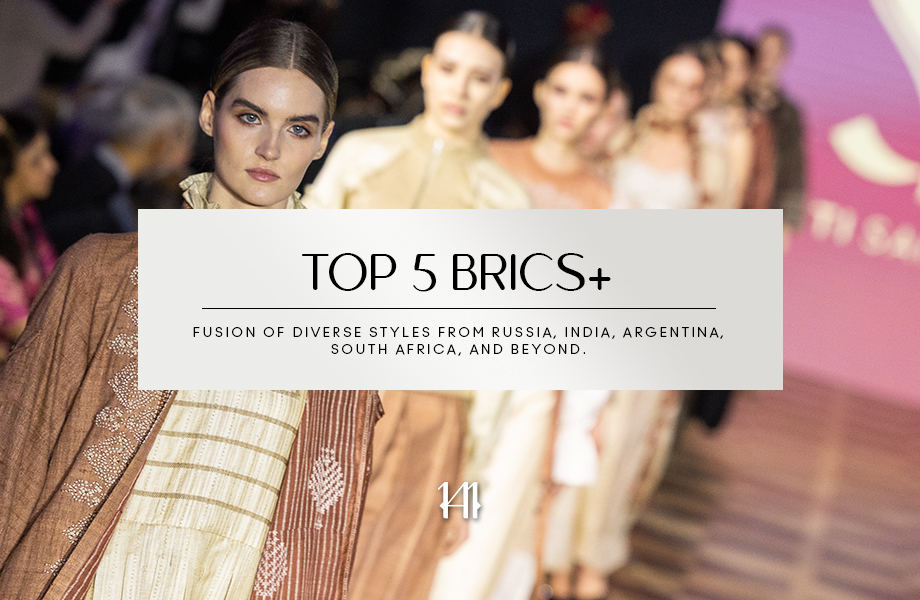
Certainly! The BRICS+ Fashion Summit held in Moscow from November 28 to December 2 was a significant event in the global fashion calendar, bringing together professionals from various corners of the world. This summit transcended geographical boundaries, uniting industry leaders from Latin America, Africa, Asia, the Middle East, South-Eastern Asia, Europe, and the CIS.
During the summit, attendees engaged in a wide range of activities, including discussions on current challenges and opportunities in the fashion industry. Designers, buyers, presidents of Fashion Weeks, and journalists from different regions participated, exchanging insights and ideas to shape the future of fashion.
Moscow, renowned for its vibrant fashion scene, served as an ideal host city, showcasing its thriving industry to an international audience. The event underscored Moscow’s status as a dynamic and trendsetting fashion hub, further solidifying its position on the global fashion map.
With 205 guests from 62 countries in attendance, including representatives from Azerbaijan to South Korea, the summit epitomized diversity and inclusivity in the fashion world. It provided a platform for networking, collaboration, and cultural exchange, fostering stronger ties among fashion communities worldwide.
Here is our curated list featuring the top 5 brands showcased at this prestigious event, exemplifying excellence in the world of fashion:
ARZU KAPROL
Describing design as the architecture of clothing, Arzu Kaprol navigates the fashion landscape of tomorrow, crafting timeless garments and accessories. With a contemporary and distinctive design ethos, her original craftsmanship is evident in intricate details, forming a connection with each wearer.
Batakovic Belgrade
Batakovic Belgrade, a leading fashion designer in Serbia, unveiled her latest collection at the BRICS+ Fashion Summit, showcasing her remarkable talent and visionary approach. Her designs cater to confident individuals seeking effortless elegance and timeless style, characterized by sharp tailoring, clean lines, and sophisticated silhouettes that complement diverse body types. While emphasizing wearability, the collection also includes striking pieces that make a bold statement. Batakovic Belgrade expressed her desire to celebrate the creativity and collaboration of emerging economies, drawing inspiration from themes of sustainability, technology, and empowerment.
KUNJINA
Kunjina is an Ethiopian clothing brand known for its unique and contemporary designs that often incorporate traditional Ethiopian textiles and craftsmanship. The brand focuses on creating modern, stylish attire while also celebrating Ethiopia’s rich cultural heritage. Kunjina’s collections typically feature a fusion of traditional Ethiopian motifs with modern silhouettes, appealing to both local and international audiences. The brand is committed to sustainable and ethical practices, often sourcing materials locally and supporting local artisans and communities.
SADAELS
Juan Hernandez Daels’ creative realm intertwines sharpness and elegance with comfort, embodying a vintage future destined for generations to come. Architectural cuts sculpt fluid materials, balancing conceptual Antwerp anti-fashion experimentation with Latin American sensuality. With a focus on tailoring savoir-faire and constant innovation, Daels draws from his multicultural background as a boundless source of inspiration. His unique narrative style blends Flemish heritage with Argentinian upbringing, telling compelling stories through clothing.
FDCI
The Fashion Design Council of India (FDCI) showcased an extraordinary display at the BRICS+ Fashion Summit, marking a significant highlight of the event. The presentation featured captivating collections by renowned Indian designers, including Ritesh Kumar, Naushad Ali, Gaurav Khanijo, and Shruti Sancheti.
Each designer brought their unique perspective and artistic flair to the runway, reflecting India’s rich cultural heritage and diverse fashion landscape. Ritesh Kumar’s collection may have showcased innovative techniques and contemporary designs, while Naushad Ali might have drawn inspiration from traditional craftsmanship and intricate detailing. Gaurav Khanijo could have presented a fusion of modern aesthetics with traditional Indian motifs, and Shruti Sancheti may have focused on sustainable fashion and ethical practices.












